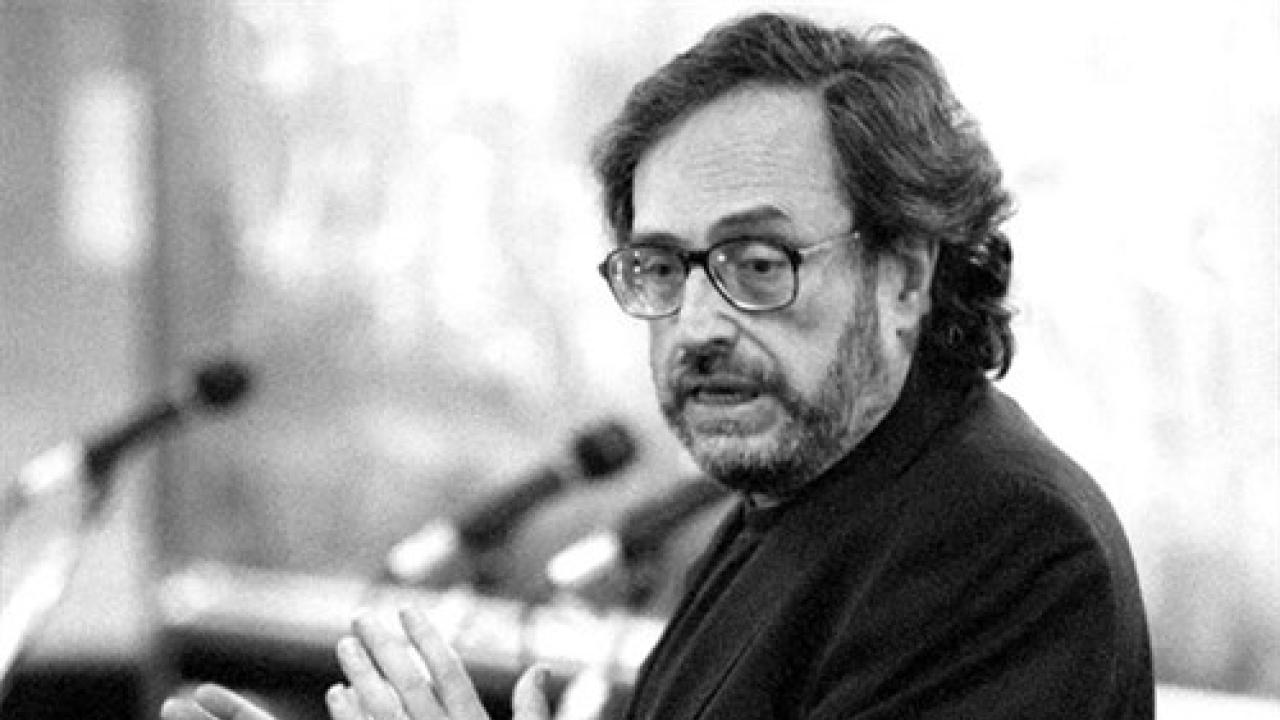
It is with great sadness that ICTP shares the news of the passing of Miguel Virasoro, a former director of the Centre from 1995 to 2002.
Miguel Virasoro, born in Buenos Aires, Argentina, was well-known for his research in theoretical physics and mathematical physics. He graduated at Universidad de Buenos Aires in 1962 and left Argentina after la Noche de los Bastones Largos in 1966, when students and teachers were forcibly dislodged from five academic faculties of the University of Buenos Aires by the Federal Argentine Police. He obtained a post-doctoral position at the Weizmann Institute of Science in Rehovot, Israel, and then later spent a few years in international institutions, such as University of Wisconsin, University of California, Berkeley, the Institute for Advanced Study, Princeton and the École normale supérieure in Paris, France, with two short visits back to Argentina in between. He moved to Italy in 1977, first to Turin and then in 1981 to Università di Roma "La Sapienza", where he remained for thirty years as a professor, teaching physical-mathematical models for economy and electromagnetism. At the time of his death he was Honorary Professor at the Instituto de Ciencias, Universidad Nacional de General Sarmiento, Argentina.
Virasoro was well-known for the discovery of the Virasoro Model (which is a closed string model) and for his great contributions to the development of infinite-dimensional Lie algebras, i.e. the introduction of the Virasoro algebra, a crucial tool in string theory. Together with Giorgio Parisi and Marc Mézard, Virasoro gave great contributions to the field of statistical mechanics, and in particular to the study of spin glass states in infinite dimensions.
In 2020, Virasoro was awarded ICTP's Dirac Medal, sharing the prize with André Neveu of University of Montpellier, and Pierre Ramond of University of Florida, "for their pioneering contributions to the inception and formulation of string theory which introduced new Bosonic and Fermionic symmetries into physics".
















